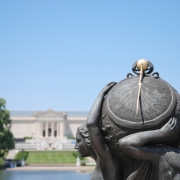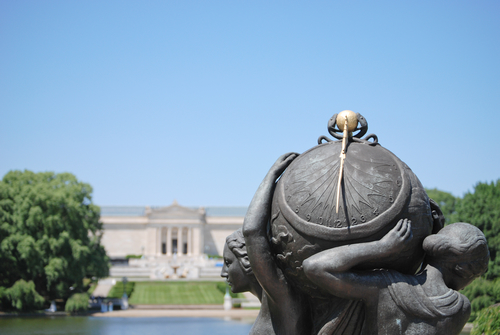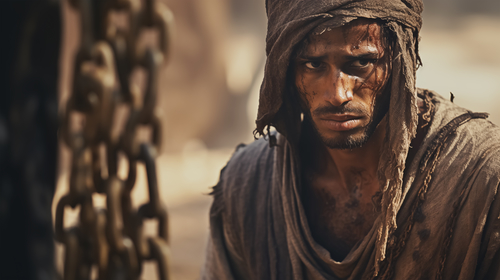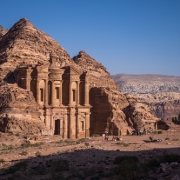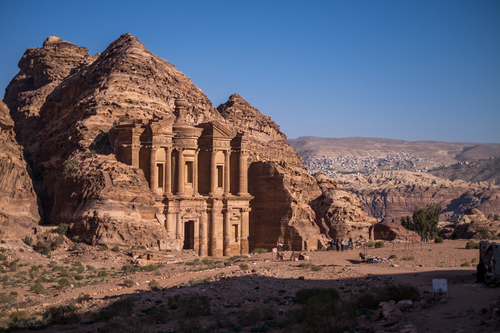Immanuel
Your year-end gift to Enduring Word helps millions of people all around the world.
Click here to donate
Therefore the LORD Himself will give you a sign: Behold, the virgin shall conceive and bear a Son, and shall call His name Immanuel. Curds and honey He shall eat, that He may know to refuse the evil and choose the good. For before the Child shall know to refuse the evil and choose the good, the land that you dread will be forsaken by both her kings.” (Isaiah 7:14-16)
Isaiah cried out against the rulers of Judah. They treated other people poorly, but they treated the Lord even more poorly. To rebuke their lack of trust, Isaiah promised a sign. This promise became one of the most famous prophecies in the Bible: Therefore the LORD Himself will give you as sign: Behold, the virgin shall conceive and bear a Son, and shall call His name Immanuel. Beyond being famous, this word from Isaiah 7 also illustrates a principle of prophecy, that prophecy may have both a near fulfillment and a far fulfillment.

The near fulfillment of this prophecy centered on Ahaz, Jerusalem, and the attack from Israel and Syria. For Ahaz, the sign concerned a time span – before the Child shall know to refuse the evil and choose the good, the land that you dread will be forsaken by both her kings. Simply put, God promised Ahaz a sign promising that within a few years, both Israel and Syria would be crushed. This was a sign of deliverance to Ahaz.
The far or ultimate fulfillment of this prophecy goes far beyond Ahaz, to announce the miraculous virgin conception and birth of Jesus Christ.
We know this passage speaks of Jesus because the Holy Spirit clearly said so (Matthew 1:23).
We know this passage speaks of Jesus because the prophecy is addressed not only to Ahaz, but also to David’s entire house (O house of David! see Isaiah 7:13).
We know this passage speaks of Jesus because it says the virgin shall conceive, and that conception would be a sign to David’s entire house. While the near fulfillment would refer to a young woman giving birth, the far or ultimate fulfillment clearly points to a woman miraculously conceiving and giving birth. By God’s miracle, Jesus was conceived of a virgin.
We know this passage speaks of Jesus because it says He will be known as Immanuel, meaning “God with Us.” This was true of Jesus in fact, not only as a title. Immanuel speaks of the deity of Jesus (God with us) and His identification and nearness to man (God with us).
Jesus is truly Immanuel, God with us. This is the great message of Christmas – that God the Son added humanity to His deity and walked with us. He shared the human experience to the fullest, because He was fully human. Though as far as we know Jesus was never called by the name “Immanuel,” He certainly fulfilled the meaning of the name.
With your trust in Jesus Christ, you may rest in the wonderful truth: Jesus is God with you.


